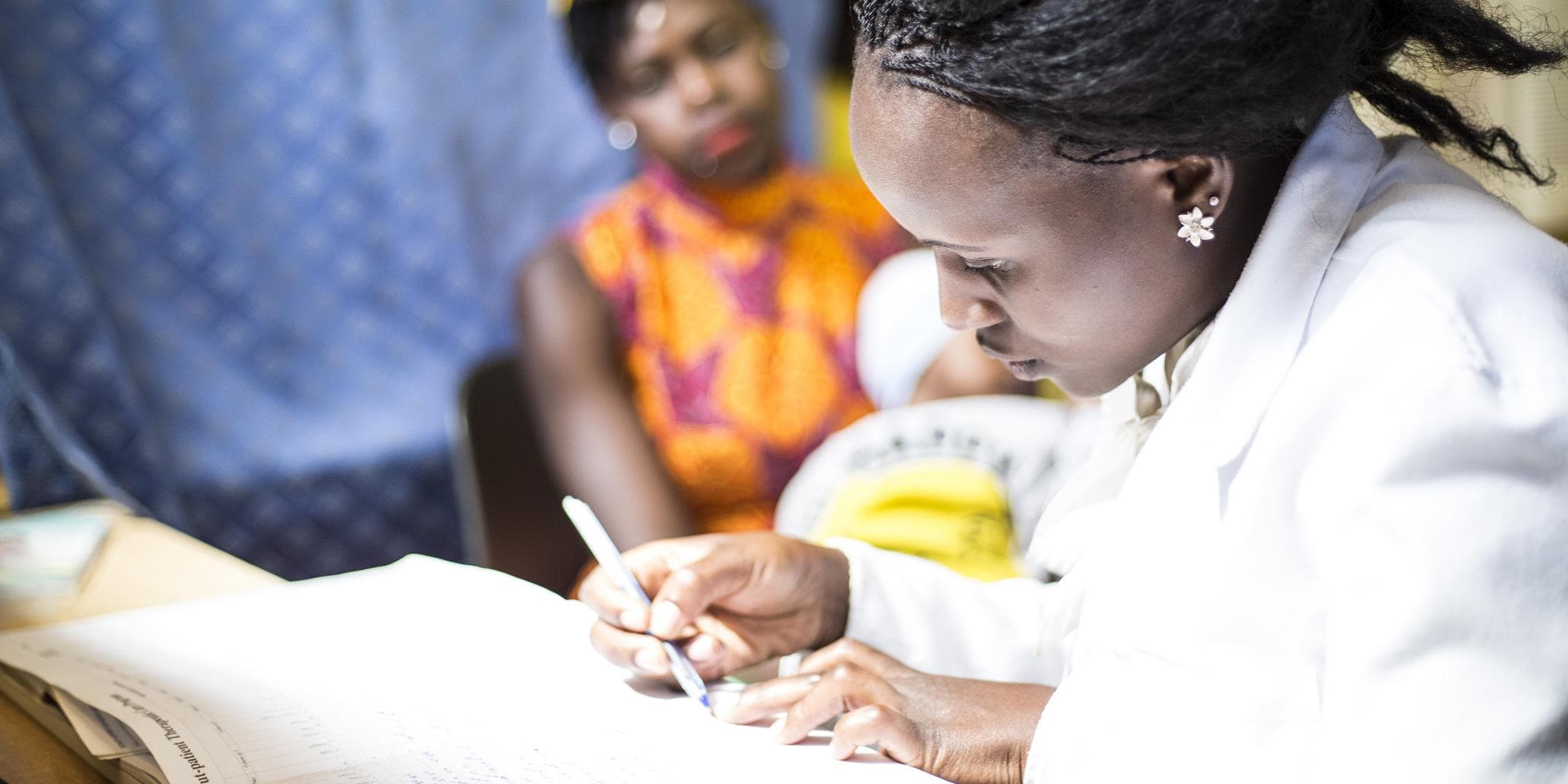We're loading the full news article for you. This includes the article content, images, author information, and related articles.
A groundbreaking national policy awaiting Cabinet approval seeks to formalize and value the care economy, a sector contributing nearly 7% to GDP but largely sustained by the unpaid labour of women.

Kenya is on the verge of a major economic and social shift as the government finalizes its first-ever National Care Policy. The policy, now awaiting Cabinet approval, aims to formally recognize, reduce the burden of, and redistribute unpaid care work, a sector that, while largely invisible in national accounts, is estimated to contribute 6.8% to the country's Gross Domestic Product (GDP). This initiative places Kenya at the forefront of African nations in addressing the systemic undervaluation of caregiving, which disproportionately falls on women and girls, hindering their economic and social advancement.
The 'care economy' encompasses a wide range of essential services, including childcare, elder care, and support for persons with disabilities, both paid and unpaid. According to the 2021 Kenya Time Use Survey conducted by the Kenya National Bureau of Statistics (KNBS), Kenyan women spend an average of four and a half hours daily on unpaid care and domestic work, which is five times more than the one hour spent by men. This disparity, often termed "time poverty," significantly limits women's opportunities for paid employment, education, and civic participation.
The economic cost of this imbalance is substantial. Business Daily reported in February 2025 that Kenya loses an estimated 6.8% of its GDP because this care work is not formally recognized or integrated into the national accounting system. Globally, the International Labour Organization (ILO) estimates that if unpaid care work were monetized, it could account for up to 9% of global GDP. By formalizing this sector, the new policy is projected to unlock significant economic potential. The ILO estimates that implementing care-friendly reforms could increase women's employment in Kenya by as much as 60%.
The policy is structured around the internationally recognized '5 Rs' framework: Recognize, Reduce, Redistribute, Reward, and Represent. Speaking at the International Day of Care and Support event on Thursday, October 30, 2025, Cabinet Secretary for Gender, Culture and Children Services, Hannah Wendot Cheptumo, described the policy as “a bold step towards an inclusive, gender-responsive, and well-coordinated care system.” She emphasized that investing in care is “smart economics,” with every shilling invested generating multiple returns in jobs, productivity, and community well-being.
Developed by the State Department of Gender and Affirmative Action with support from organizations like UN Women, the policy outlines several key actions. These include establishing public care services for children, the elderly, and people with disabilities, promoting care-friendly workplace policies, and investing in infrastructure like water and electricity to ease the domestic burden. The policy also aims to challenge social norms that designate caregiving as exclusively 'women's work' and seeks to represent care workers in decision-making processes.
Momentum is already building at the county level. As part of the Evidence-to-Policy for the Kenya Care Economy Project, Kitui County has allocated Sh1.1 billion and Laikipia County has committed Sh853 million towards care initiatives, with Laikipia reporting a subsequent 56% rise in women's economic participation. The private sector is also engaging, with 157 companies adopting gender-responsive policies to support employees with caregiving duties.
A significant milestone is anticipated in November 2025, when the KNBS, supported by UN Women, is expected to release the first national report quantifying the economic value of unpaid care work. This will align national statistics with Sustainable Development Goal Target 5.4, which calls for the recognition and valuation of such work.
Despite the progress, significant challenges remain. The healthcare sector, a core component of the care economy, faces issues such as understaffing, inadequate infrastructure, and underfunding. A World Health Organization report noted a doctor-to-population ratio of about 1:16,000, far below the recommended 1:1,000. Furthermore, traditional social norms regarding gender roles are deeply entrenched and will require sustained advocacy to shift.
The successful implementation of the National Care Policy will depend on robust financing, multi-sectoral collaboration between national and county governments, the private sector, and civil society, and a fundamental shift in public perception. As stated by Principal Secretary for Gender Affairs Anne Wang'ombe, “Care is the currency of a connected world. Let us make a wise investment.” By bringing the invisible work of caregivers into the light, Kenya is not only advancing gender equality but is also laying the groundwork for a more resilient and inclusive economy.
Keep the conversation in one place—threads here stay linked to the story and in the forums.
Other hot threads
E-sports and Gaming Community in Kenya
Active 8 months ago
The Role of Technology in Modern Agriculture (AgriTech)
Active 8 months ago
Popular Recreational Activities Across Counties
Active 8 months ago
Investing in Youth Sports Development Programs
Active 8 months ago
Key figures and persons of interest featured in this article